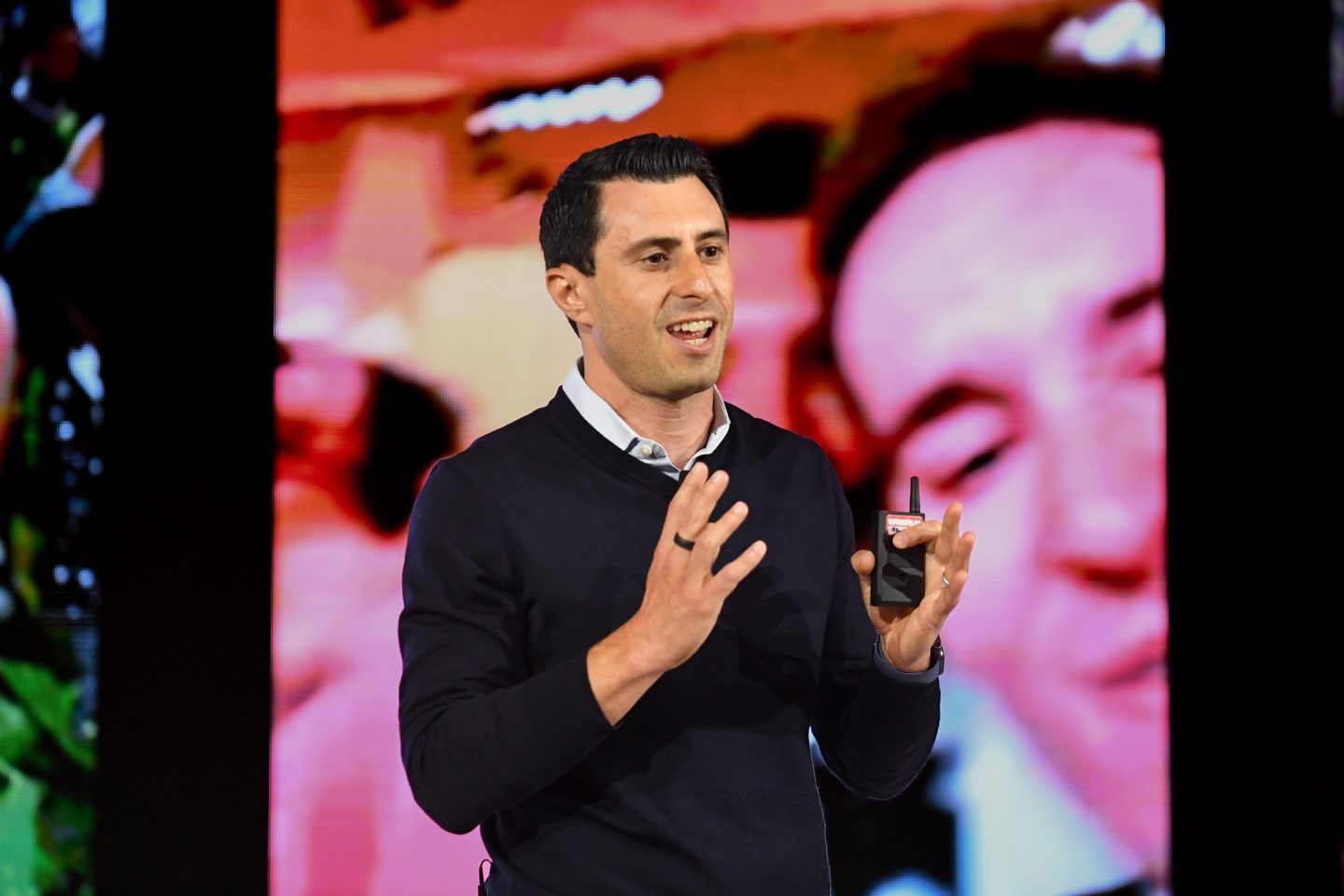The longest running soap opera in the telecommunications world came to an end on Saturday afternoon when T-Mobile and Sprint finally ended their on again, off again merger talks. Sprint majority owner and SoftBank CEO Masayoshi Son couldn’t convince T-Mobile’s owner, Deutsche Telekom, to either give him enough say over the combined carrier to agree to a deal or enough money to make him go away happy.
Son was facing the ugly prospect that he might be getting little or no more value per share for SoftBank and other shareholders than the $7.65 he paid back in 2013 when he acquired almost 80% of struggling Sprint for $22 billion. And since T-Mobile, resurgent under CEO John Legere, had surpassed Sprint in stock market value, Son also was looking at having a minority stake with little influence in the combined carrier.
But Son’s loss—which could grow quite large when trading opens in Sprint’s stock on Monday—is a huge win for wireless consumers. With four major players remaining in the wireless market, consumers should continue to benefit from competition that has lowered prices, eliminated two-year contracts, and done away with all sorts of annoying fees and extra charges. Had the market consolidated down to three, competition would likely have waned.
Get Data Sheet, Coins2Day’s technology newsletter.
In fact, antitrust regulators twice before prevented T-Mobile from being acquired (by AT&T in 2011 and by Son in 2014). It was only the surprise election of Donald Trump and his pro-business agenda that revived hopes that a deal could get done. And Trump’s appointees seemed to be meeting those expectations. Under Trump-appointed chairman Ajit Pai, the Federal Communications Commission declared the wireless market had “effective competition” for the first time in eight years. Ironically, when the legal barriers to a merger were lowered, it was the economics of the deal that couldn’t be worked out.
Other big winners are the workforces of the two carriers. One major rationale of combining the two companies was to drastically reduce expenses. Analysts estimated that 20,000 to 30,000 workers could have been laid off and thousands of retail store locations closed.
The two dominant carriers, AT&T (T) and Verizon (VZ), will probably be sad to see the deal die, however. They have been competing harder this year, making some progress with new unlimited data plans, but getting whacked by investors. Shares of AT&T have lost 22% so far this year and Verizon is off 11%. Consolidation could have eased the pressure from the two smaller carriers, which have led the way on lower prices and better deals.
Son now faces the daunting task of continuing to bolster Sprint, already weighed down by more than $30 billion of debt, or find another merger partner. It doesn’t help that Son promised Saturday that SoftBank would buy another 5% or so of Sprint’s outstanding shares that it doesn’t already own. That may prop up Sprint’s stock price a bit in the short run, but it also diverts more than $1 billion that could have been used for improving the carrier’s network, attracting more customers or other uses with more of a long-term payoff.
The heavy debt load and mixed operating record may have been a large part of what torpedoed the deal in the first place. Long-time telecom analyst Craig Moffett, of MoffettNathanson Research, had been warning for months that Sprint’s (S) rising stock price, largely due to merger speculation, couldn’t be supported by the carrier’s financial results. T-Mobile (TMUS) and Deutsche Telekom would be unlikely to pay a premium to what he saw as an inflated valuation, Moffett had warned.
“We’re not saying it can’t be done, but we are saying that the odds being assigned to success are simply too high,” the analyst noted back in December.
In the end, the odds of completing a deal turned out to be zero.











